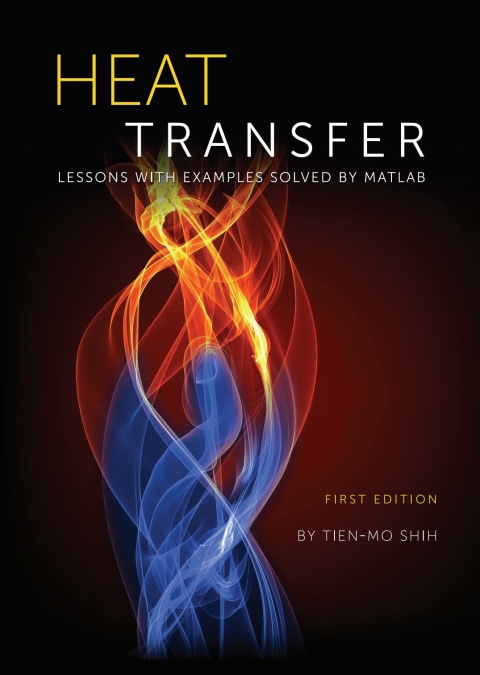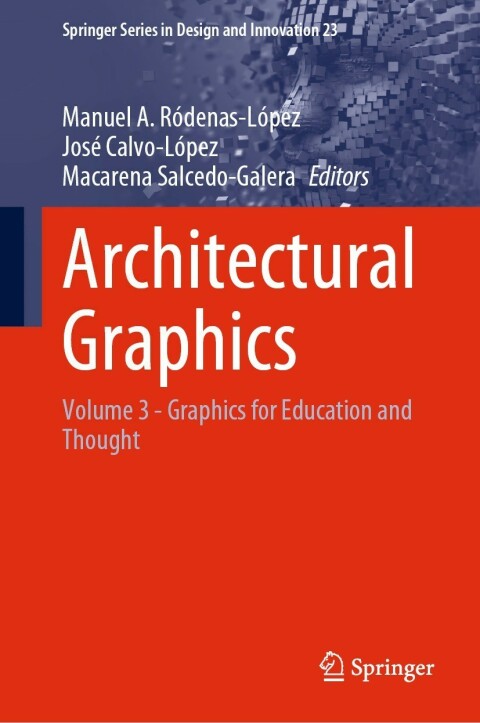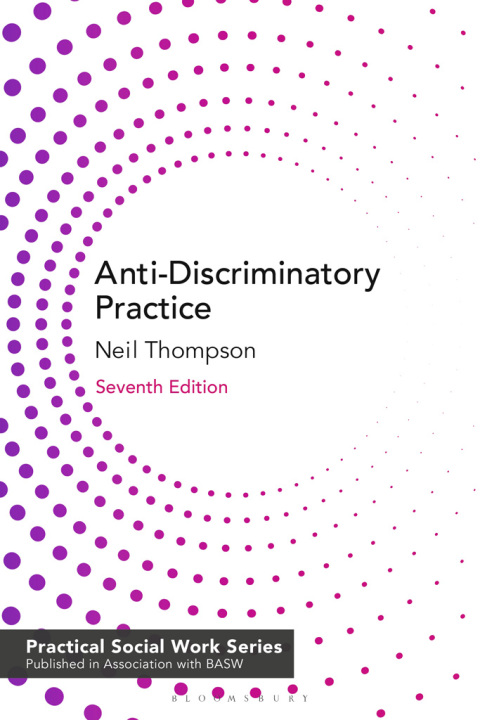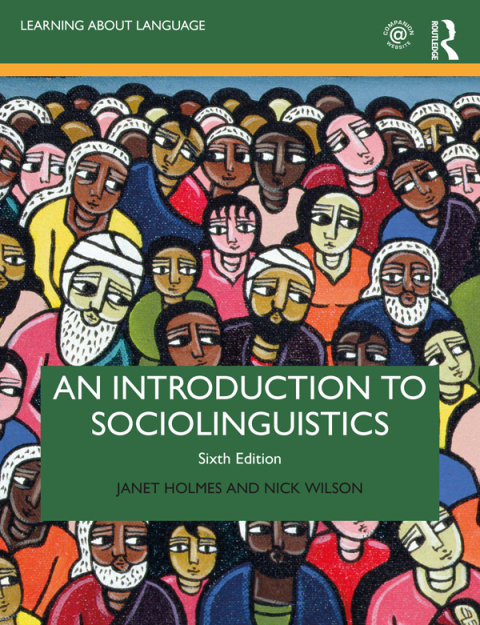Description
Efnisyfirlit
- Contents
- Preface
- Lesson 1
- Introduction (What and Why)
- 1. Heat Transfer Is an Old Subject
- 2. What Is the Subject of Heat Transfer?
- 3. Candle Burning for Your Birthday Party
- 4. Why Is the Subject of Heat Transfer Important?
- 5. Three Modes of Heat Transfer
- 6. Prerequisites
- 7. Structure of the Textbook
- 8. Summary
- 9. References
- 10. Exercise Problems
- 11. Appendix
- Lesson 2
- Introduction (Three Laws)
- 1. Fourier’s Law
- 2. Law of Convective Heat Transfer
- 3. Wind-Chill Factor (WCF)
- 4. Stefan-Boltzmann Law of Radiative Emission
- 5. Sheet Energy Balance
- 6. Formation of Ice Layers on Car Windshield and Windows
- 7. Rule of Assume, Draw, and Write (ADW)
- 8. Summary
- 9. References
- 10. Exercise Problems
- 11. Appendix
- Lesson 3
- One-Dimensional Steady State Heat Conduction
- 1. Governing Equation for T(x) or T(i)
- 2. A Single-Slab System
- 3. A Two-Slab System
- 4. Three or More Slabs
- 5. Severe Restrictions Imposed by Using Electrical Circuit Analogy
- 6. Other Types of Boundary Conditions
- 7. Thermal Properties of Common Materials—Table 1
- 8. Summary
- 9. References
- 10. Exercise Problems
- 11. Appendix
- Lesson 4
- One-Dimensional Slabs with Heat Generation
- 1. Introduction
- 2. Governing Equations
- 3. Heat Conduction Related to Our Bodies
- 4. Discussions
- 5. Summary
- 6. Reference
- 7. Exercise Problems
- 8. Appendix
- Lesson 5
- One-Dimensional Steady-State Fins
- 1. Introduction
- 2. Analyses
- 3. Fins Losing Radiation to Clear Sky Overnight
- 4. A Seemingly Puzzling Phenomenon
- 5. Fin Efficiency
- 6. Optimization
- 7. Summary
- 8. Reference
- 9. Exercise Problems
- 10. Appendix
- Lesson 6
- Two-Dimensional Steady-State Conduction
- 1. Governing Equations
- 2. A Standard Matlab Code Solving 2-D Steady-State Problems
- 3. Maximum Heat Loss from a Cylinder Surrounded by Insulation Materials
- 4. Summary
- 5. References
- 6. Exercise Problems
- 7. Appendix
- Lesson 7
- Lumped-Capacitance Models (Zero-Dimension Transient Conduction)
- 1. Introduction
- 2. Detailed Analyses of a Can-of-Coke Problem
- 3. When Is It Appropriate to Use the Lumped-Capacitance Model?
- 4. A Simple Way to Relax the Bi < 0.002 Constraint
- 5. Why Stirring the Food When We Fry It?
- 6. Summary
- 7. Reference
- 8. Exercise Problems
- 9. Appendix
- Lesson 8
- One-Dimensional Transient Heat Conduction
- 1. Kitchen Is a Good Place to Learn Heat Transfer
- 2. Other One-D Transient Heat Conduction Applications
- 3. Differential Governing Equation for One-D Transient Heat Conduction
- 4. Summary
- 5. References
- 6. Exercise Problems
- 7. Appendix
- Lesson 9
- Two-D Transient Heat Conduction
- 1. Governing Equation for T(i, j)
- 2. A Standard Matlab Code for Readers to Modify
- 3. Speculation on Steel Melting in Concrete Columns During 9/11
- 4. Possible Numerical Answers
- 5. Use a Two-D Code to Solve a One-D Transient Heat Conduction Problem
- 6. Exact Solutions for Validation of Codes
- 7. Advanced Heat Conduction Problems
- 8. Summary
- 9. References
- 10. Exercise Problems
- 11. Appendix
- Lesson 10
- Forced-Convection External Flows (I)
- 1. Soup-Blowing Problem
- 2. Boundary-Layer Flows
- 3. A Cubic Velocity Profile
- 4. Summary
- 5. References
- 6. Exercise Problems
- 5. Appendix
- Lesson 11
- Forced-Convection External Flows (II)
- 1. Nondimensionalization (abbreviated as Ndm)
- 2. Important Dimensionless Parameters in Heat Transfer
- 3. Derivation of Governing Equations
- 4. Categorization
- 5. Summary
- 6. Reference
- 7. Exercise Problems
- 8. Appendix: Steady-State Governing Equations
- Lesson 12
- Forced-Convection External Flows (III)
- 1. Preliminary
- 2. A Classical Approach Reported in the Literature
- 3. Steps to Find Heat Flux at the Wall (from the Similarity Solution)
- 4. The Nu Correlation and Some Discussions
- 5. Derivation of Nu = G (Re, Pr) by Ndm
- 6. Finding Eq. b) by Using a Quick and Approximate Method
- 7. An Example Regarding Convection and Radiation Combined
- 8. Possible Shortcomings of Nu Correlations
- 9. Brief Examination of Two More External Flows
- 10. Summary
- 11. References
- 12. Exercise Problems
- 13. Appendix [to find f ‘(η) and the value of f ” (0)]
- Lessons 13
- Internal Flows (I)—Hydrodynamic Aspect
- 1. Main Differences Between External Flows and Internal Flows
- 2. Two Regimes (or Regions)
- 3. A Coarse Grid to Find u, v, and p in the Developing Regime
- 4. An Analytical Procedure of Finding u(y) in the Fully Developed Regime
- 5. Application of the Results
- 6. Which Value Should We Use?
- 7. Ndm and Parameter Dependence
- 8. Summary
- 9. References
- 10. Exercise Problems
- 11. Appendix: Finding u, v and p in the Developing Regime
- Lessons 14
- Internal Flows (II)—Thermal Aspect
- 1. Definition of Tm
- 2. Definition of Thermally Fully Developed Flows
- 3. Justification of ∂T/∂x= constant
- 4. A Beneficial Logical Exercise of Genetics
- 5. Summary
- 6. Reference
- 7. Exercise Problems
- Lessons 15
- Internal Flows (III)—Thermal Aspect
- 1. Derivation of Nu Value for Uniform q’’s
- 2. Important Implications of Eq. (5)
- 3. Derivation of Nu value for uniform Ts
- 4. Let the Faucet Drip Slowly
- 5. Summary
- 6. References
- 7. Exercise Problems
- 8. Appendix
- Lesson 16
- Free Convection
- 1. Definition of Free Convection
- 2. Definition of Buoyancy Force
- 3. The Main Difference between Free Convection and Forced Convection
- 4. How Does Gr Number Arise?
- 5. δT and δ in Free Convection
- 6. A Four-Cell Buoyancy-Driven Flow in a Square Enclosure
- 7. Does Lighting a Fire in Fireplace Gain Net Energy for the House?
- 8. Solar-Radiation-Ice Turbine
- 9. Free Convection over a Vertical Plate
- 10. Summary
- 11. Reference
- 12. Exercise Problems
- 13. Appendix
- Lesson 17
- Turbulent Heat Convection
- 1. Introduction
- 2. A Fundamental Analysis
- 3. Matlab Codes
- 4. Dimples on Golf Balls
- 5. Summary
- 6. Reference
- 7. Exercise Problems
- 8. Appendix
- Lesson 18
- Heat Exchangers and Other Heat Transfer Applications
- 1. Types of Heat Exchangers
- 2. A Fundamental Analysis
- 3. A Traditional Method to Find Heat Exchange
- 4. A Matlab Code
- 5. Comments on the Code
- 6. Other Applications in Heat Transfer
- 7. Summary
- 8. References
- 9. Exercise Problems
- Lesson 19
- Radiation (I)
- 1. Fundamental Concepts
- 2. Blackbody Radiation
- 3. A Coffee Drinking Tip
- 4. Fractions of Blackbody Emission
- 5. Summary
- 6. References
- 7. Exercise Problems
- 8. Appendix
- Lesson 20
- Radiation (II)
- 1. Emissivity
- 2. Three Other Radiative Properties
- 3. Solar Constant and Effective Temperature of the Sun
- 4. Gray Surfaces
- 5. Kirchhoff’s Law
- 6. Energy Balance over a Typical Plate
- 7. Greenhouse Effect (or Global Warming)
- 8. Steady-State Heat Flux Supplied Externally by Us
- 9. Find Steady State Ts Analytically
- 10. Find Steady State Ts Numerically
- 11. Find Unsteady Ts Not Involved with the Spectral Emissivity
- 12. Find Unsteady Ts Involved with the Spectral Emissivity
- 13. Find Unsteady Ts with Parameters Being Functions of Wavelength and Time
- 14. Summary
- 15. References
- 16. Exercise Problems
- Lesson 21
- Radiation (III)
- 1. View Factors (or Shape Factors, Configuration Factors)
- 2. Black Triangular Enclosures
- 3. Gray Triangular Enclosures
- 4. Two Parallel Gray Plates with A1 = A2
- 5. Radiation Shield
- 6. Summary
- 7. References
- 8. Exercise Problems
- Credits






Reviews
There are no reviews yet.